What does the 2024 Capital Gains Increase mean for Canadian Real Estate Investors?
There has been a lot of talk this week about the new changes to the Capital Gains tax announced by the Liberal government. Most of this talk is on the political side of things, and whether it’s a good idea or a very bad one. But putting politics and economics aside, let’s focus on what these proposed changes really mean for investors and real estate investors in particular.
First – What changes to the capital gains tax were announced last week?
On Tuesday, the Canadian government announced that in the next budget they will be increasing the inclusion rate for capital gains from 50% to 67% for corporations and for individuals with over $250,000 in annual capital gains. That means instead of paying half the normal tax rate for capital gains, after June 25th 2024, corporations and individuals with over $250,000 in annual capital gains will have to pay 2/3rds of the normal tax rate on their capital gains.
Who is affected by the 2024 Capital Gains Increase?
The Government claims that this will only affect about 0.13% of the population. And to be fair, it does only affect individuals who have more than $250,000 in capital gains in a given year – which is a very small portion of the population. Even individuals who have millions of dollars in unrealized capital gains saved up for retirement probably won’t see an increase in taxes, so long as they aren’t holding their assets in a corporation and realize their capital gains by cashing out slowly over many years – as most people do with their retirement income.
So who is likely to be hit with this tax increase?
- Landlords who get hit with large capital gains when they sell a building.
- Those who are inheriting estates – again where capital gains may come in a big chunk.
- People selling businesses.
- People who have unrealized capital gains held in a corporation, as corporations do not benefit from the $250,000 capital gains exemption. This includes a lot of professionals who use professional corporations to hold assets – such as a doctor who owns the medical building they operate through their professional corporation.
Who is not affected by the 2024 Canadian Capital Gains Tax Hike
These groups are not affected by the capital gains tax increase.
- People who have capital gains in their primary residences are not affected due to the primary residence capital gains exemption.
- People who have capital gains in their retirement portfolios who realize less than $250,000 in capital gains per year and do not hold their assets in a corporation.
- People who have capital gains in registered savings accounts such as RRSP’s and RESP’s will not be affected by the 2024 Capital gains tax hike according to the CBC.
How much will the 2024 Canadian Capital Gains Tax Increase cost investors?
For individuals affected by the 2024 Canadian capital gains tax hike, the amount of the tax can add up to as much as 8.69% of the value of their asset. Here’s a breakdown of how much more you will pay in Ontario after June 25, 2024.
Impact on personal capital gains tax changes
Effective June 25, 2024
Ontario Residents pic.twitter.com/3s6c2yjyIp— Aaron Hector, R.F.P., CFP, TEP (@AaronHectorCFP) April 16, 2024
So, what can you do to protect yourself from the 2024 Capital Gains increases?
One thing you can do is try to sell your property before the 2024 Canadian capital gains increases take effect on June 25, 2024. If that’s you, time is of the essence, so reach out to me right away via my contact page.
Another thing you can do is what many property owners do to avoid capital gains – they just never sell! Buying and holding means you never need to pay capital gains taxes – though of course you can’t hold off those bills forever.
A third option is a “deemed disposition” which in certain cases such as an estate or a trust, can help you realize some of your tax obligations and increase the cost basis of your asset. If you are interested in knowing more about that please reach out to me and I can put you in touch with accountants and tax experts who will help you with this.
Finally, there may be an opportunity to structure deals so that capital gains are incurred more slowly over time, we are currently working with tax experts and accountants to find solutions that will meet the requirements of these new tax laws. Reach out to me via my contact page if you are interested in knowing more about this.
Where can I find more information about the Canadian Capital Gains Tax Increase.
If you are looking for more information, feel free to reach out to me via my contact page for a free 30 minute consultation on how these new laws might affect your real estate portfolio.
Or for more general information, check out the sources below.






